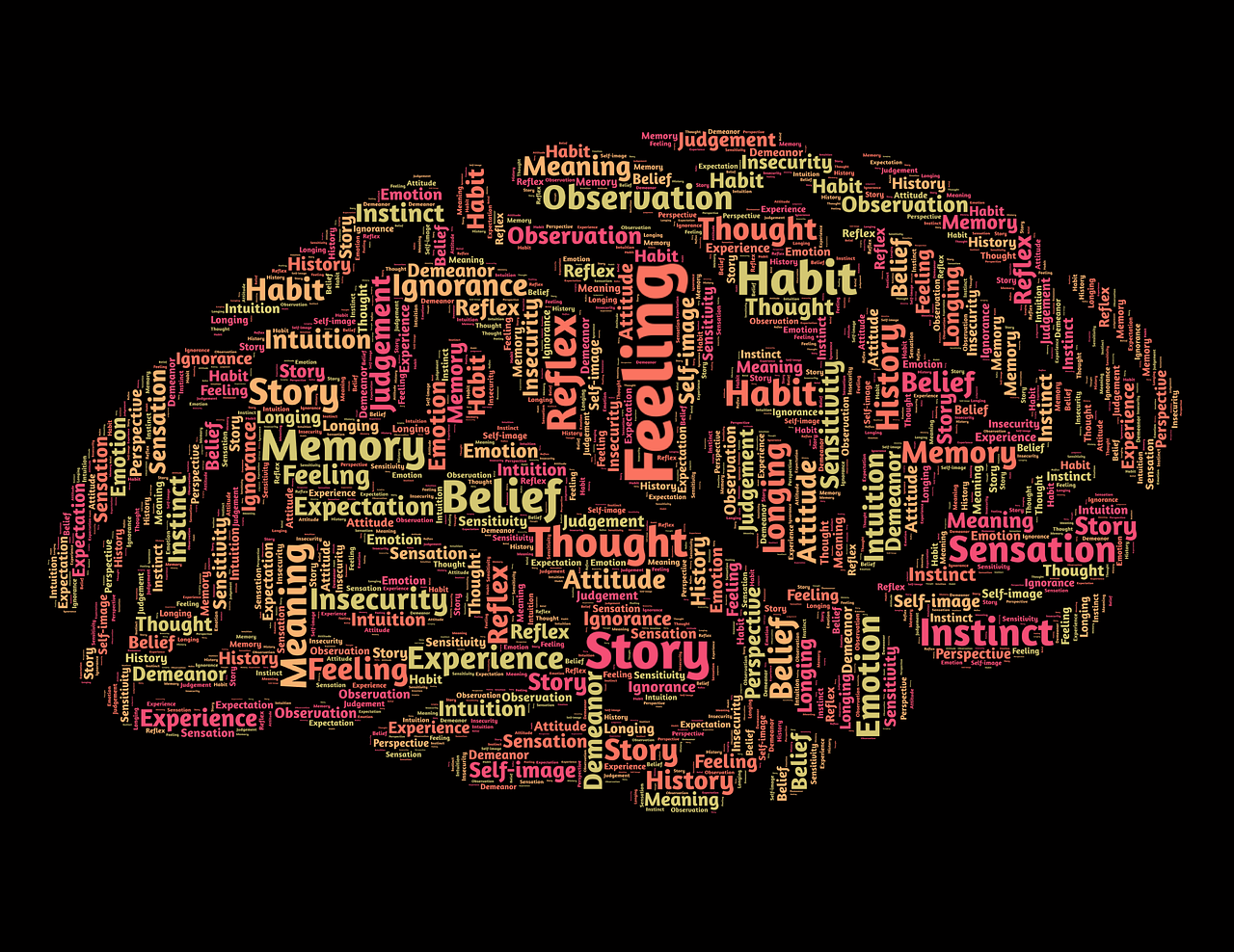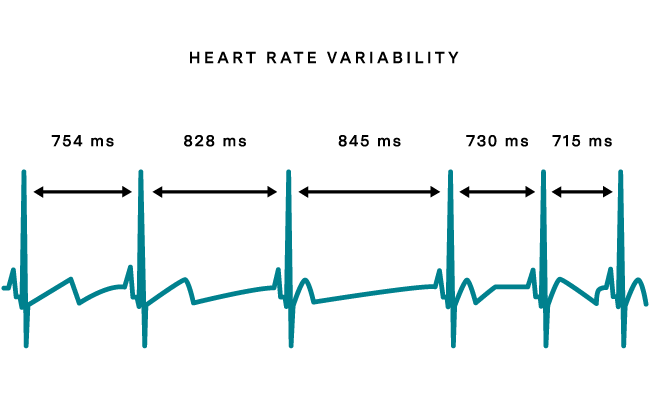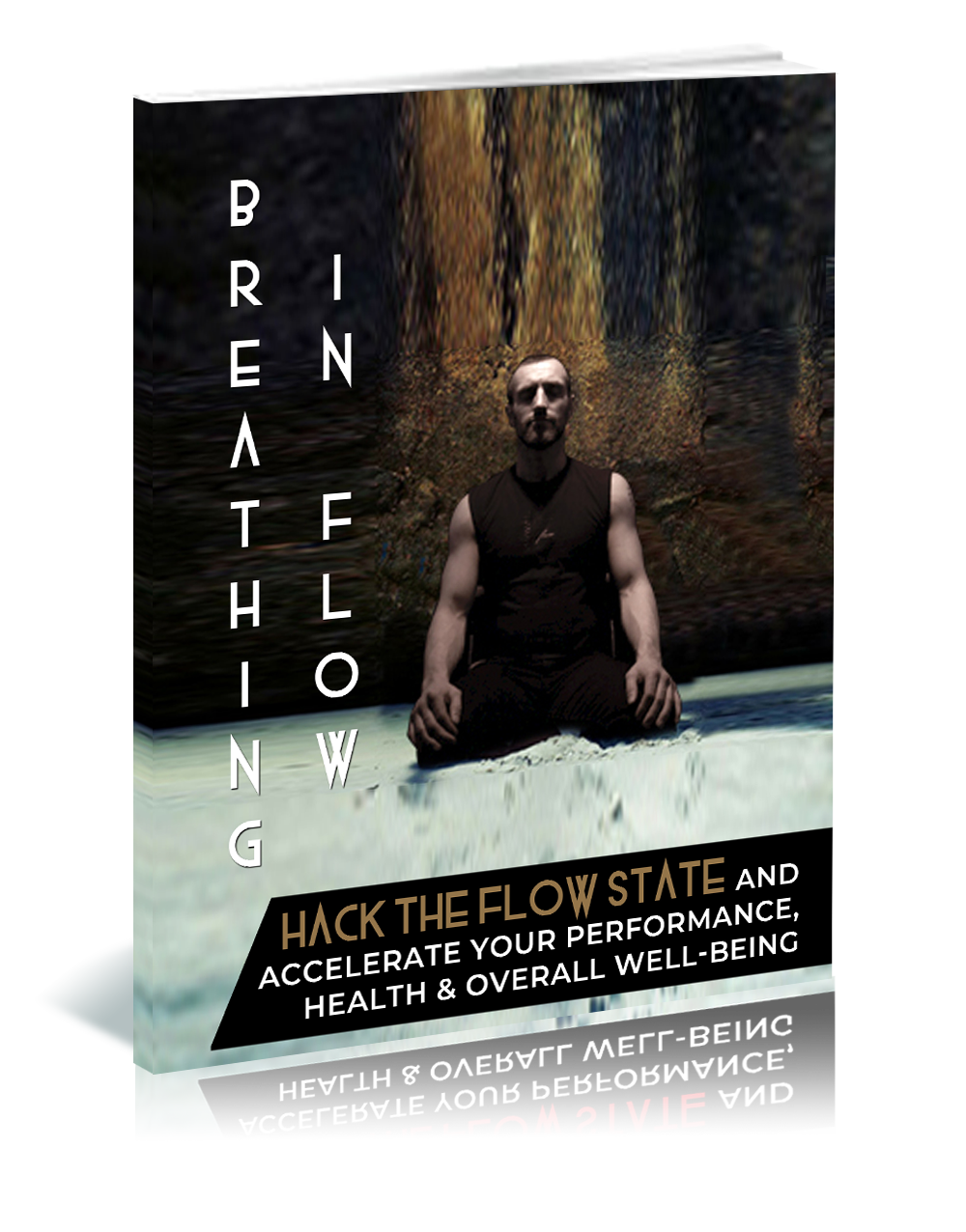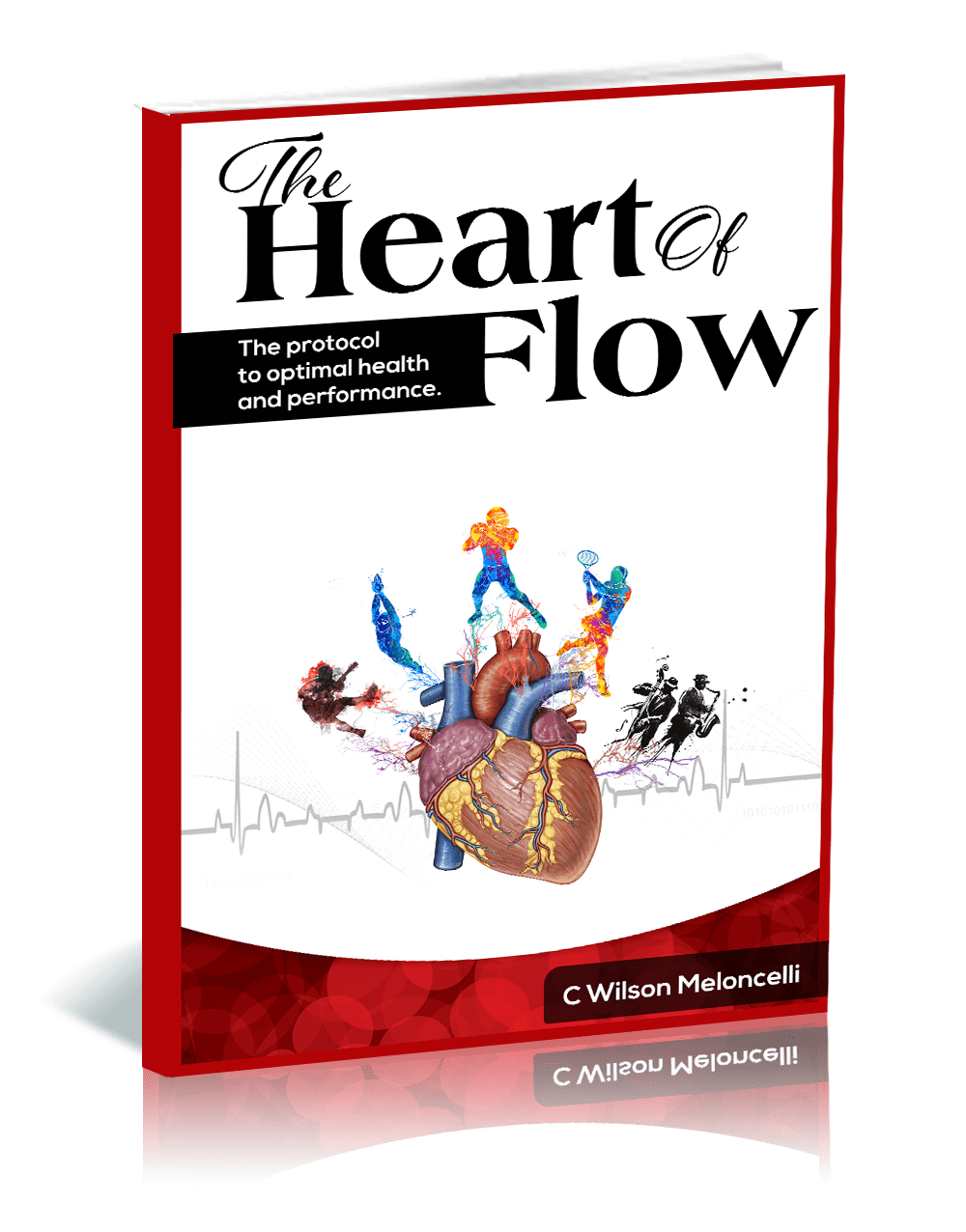
Deep down, you know what you need to do to get where you want to be.
And you also know the things you need to avoid and cut out.
But it’s so difficult to act on those things and stay disciplined. It’s hard to stay on the path without getting side-tracked.
Resisting urges and cravings is a big challenge. Especially when we have so many distractions and options around us.
No wonder so many of us struggle with procrastination.
But it’s not like you’re not capable of putting in the work.
Every once in a while, there are days when you are full of energy, motivated and focused. You go out there and seize the day.
But on most days, you are constantly distracted. It feels impossible to concentrate. You procrastinate. You lose sight of your goals.
And then feel guilty at the end of the day.
You know you should be doing better. You know that if you want to achieve something truly worthwhile, you’ll have to be consistent.
If you keep starting and stopping, you’ll get nowhere.
Time flies. Weeks, Months, Years pass away just like this. You don’t want to be filled with regret wondering what life could have been if you had got your act together.
Also, you know that your life would be much more enjoyable and stress-free if you don’t procrastinate.

How can you fundamentally fix this problem?
By developing a strong ability to resist short term temptations and choose long term rewards. The ability to do the right thing at the right time, whether you feel like it or not.
This ability is called Willpower.
If you can develop an iron will, you’ll be able to effortlessly create the life you want.
You’ll be able to say no to the things that don’t serve you. And prioritize the things that are truly important to you.
You’ll no longer be a slave to your urges or feelings. Self-control would feel easy.
It’s freedom in the true sense.
Willpower is not a mystical abstract concept.
It has a biological basis, in the brain and the body. Like a muscle, it can be strengthened or weakened. Thanks to some breakthrough research in recent times, we have managed to reverse-engineer willpower.
But if you want to strengthen your willpower, you’ll have to change your approach. You can’t force it.
How does willpower work?
Say, if you’re working… you’re focused and about to get in flow… but there’s a notification on your phone. And you have a strong urge to check your phone.
You need to exercise willpower to ignore that and stay focused. There’s a conflict in your brain.
When your brain detects a conflict (or a possible future regret), it launches a sequence of events called the Pause-and-Plan response.
The Pause and Plan response starts when the prefrontal cortex identifies that another part of your brain is asking you to do something that may make you feel good right now, but is not helpful for long-term goals.
It is essentially the opposite of the body’s Fight-or-Flight response. Instead of speeding up, your body slows down. Breathing gets slower, and the body relaxes. The aim is to put the body in a calm mode so that energy can be redirected away from the body to the brain.
Both the Fight-or-Flight and the Pause-and-Plan responses are the body’s way of managing the energy, but in totally different ways.
When you are stressed, your fight-or-flight response can shift into overdrive. The body redirects energy to your muscles, leaving your prefrontal cortex hungry. As a result, you switch to an autopilot mode where you cannot think rationally.
Stress, therefore, is inherently incompatible with willpower and self-control.
To succeed at our willpower challenges, we need to attain the state of mind and body that puts our energy toward self-control, not self-defense.
These states are controlled by a primitive part of the nervous system, called the Autonomic Nervous System.

The Autonomic Nervous System and Willpower
Our body is this amazingly complex intricate system.
At any moment, there are hundreds of automatic processes running through the body to ensure you function optimally.
Heart rate, digestion, breathing, sweating, blood pressure, excretion, sexual arousal, etc. All these automatic processes are controlled by your Autonomics Nervous System (ANS).
The ANS is subdivided into two large components; the Sympathetic (fight or flight) and the Parasympathetic (pause and plan) nervous system.
For us to function at our best, the sympathetic and parasympathetic nervous systems need to be in balance.
However, if you’re constantly exposed to stressors such as heavy workload, poor sleep, unhealthy diet, dysfunctional relationships, isolation, and lack of exercise, this balance gets disrupted, and the sympathetic nervous system becomes more dominant.
When you are stressed, your fight-or-flight response can shift into overdrive. The body redirects energy to your muscles, leaving your prefrontal cortex hungry. As a result, you switch to an autopilot mode where you cannot think rationally.
Stress, therefore, is inherently incompatible with willpower and self-control.
To have the mental clarity for thoughtful action, we need to ensure there is no imbalance in the autonomic nervous system.
How can we detect these imbalances? By analyzing the patterns of our heartbeat.
How to Hack Willpower through the Patterns of your Heart Beat
The heartbeat is a treasure trove of information about what is going on with your body.
The Sympathetic nervous system which functions during stress, speeds the heart up. The parasympathetic nervous system which is active during rest, slows the heart rate down.
By measuring something called Heart Rate Variability, we can estimate the balance of our Autonomic Nervous System.
Heart Rate Variability is simply the variation in time interval between two consecutive heartbeats. A healthy heart does not tick like a metronome — it actually changes its rhythm with each beat.

When you are stressed, heart rate goes up but the HRV goes down. Because when your heart is beating rapidly, the time between each heartbeat is more orderly and equal.
But when you are relaxed, your heart rate slows down making room for variability between beats. Heart Rate and HRV generally have an inverse relationship.
Now when you’re relaxed and calm, your mind has more energy to think rationally and avoid impulsive behaviour.
That’s why Heart Rate Variability is the single best physiological measurement of our ability to engage the “Pause-and-Plan” response.
HRV is such a good indicator of willpower that you can use it to predict who will resist cravings.
Research shows that people with higher HRV are better at ignoring distractions, delaying gratification, and dealing with stressful situations. They are also less likely to give up on demanding tasks even if they initially fail or receive critical feedback.
Heart Rate Variability is the biological signature of willpower and self-control.
Over the past few years, research has also shown a link between low HRV and worsening depression or anxiety. A low HRV is even associated with an increased risk of heart diseases.
What Reduces your Heart Rate Variability and Willpower
If the balance of your Autonomic Nervous System gets disrupted, your ability to engage the “Pause and Plan” response takes a hit. Your Heart Rate Variability plummets and so does your willpower.
When your willpower is low, you are more likely to engage in behaviours which will further reduce your HRV.
For example, lack of proper sleep can cause stress. Stress can cause you to engage in unhealthy behaviours like smoking or binge-eating. And so on.
It can become a vicious cycle.
That’s why it is important to identify these disruptors and cut them out. Here are some of the things that reduce your HRV:
- Stress
- Anxiety
- Poor Sleep Quality / Sleep Deprivation
- Poor Diet
- Overtraining
- Smoking and Alcohol Consumption
How can you Increase your Heart Rate Variability
As discussed above, the first step is to cut out the things that are negatively impacting your Heart Rate Variability. A bit ironic, but you need willpower to cut down the habits that are decreasing your willpower.
So here are the three most effective way to increase your Heart Rate Variability and Willpower:
Controlled Breathing
Only us humans have this unique ability where we can consciously speed up, slow down and even hold in our breath.
When we slow down our breathing rate, the parasympathetic nervous system gets activated. Which in turn slows down the heart rate.
As the heart rate slows down, there’s more room for variability between beats.
Heart Rate Variability steadily increases once your breathing rate drops below 12 per minute.
This is a quick fix to increase the strength of your willpower when you need to resist a temptation or work on a challenging task without getting distracted.
Simply slow down your breathing rate and become aware of each breath for 2-3 minutes. When you do this, you’ll find it much easier to crush impulses and stay focused.
But, this is temporary.
Exercise
If you want a way to increase your Heart Rate Variability permanently and significantly, it’s physical exercise.
Several scientific studies have documented that people who engage in regular exercise show marked improvements in Heart Rate Variability.
Consistent aerobic exercise causes a reduction in resting heart rate, creating more space for variability between heart beats.
Neuroscience research shows that physical exercise also induces persistent improvements in brain structures and pathways associated with cognitive control.
Exercise is like a wonder drug for our body as well as our mind.
Play a sport. Swim. Run. Hit the gym. Go on long walks. It can be anything.
Pick whatever you enjoy. The benefits are unreal.
Being physically inactive is abnormal. We did not evolve to sit and stay at one place. Movement was always important for us. And our body has not yet adapted to the modern sedentary lifestyle. This has wreaked a major havoc on our heart health as well as overall health. We need to reverse the damage.
Meditation
Meditation has a ridiculously long list of benefits. One of which is its positive impact on our Heart Rate Variability.
Meditation triggers the activation of the parasympathetic nervous system and lowers sympathetic activity.
The parasympathetic system, also referred to as the rest-and-digest system, slows down the heart rate and puts the body and mind into a relaxed state.
As a result your HRV and willpower shoots up. And this effect is not temporary. It persists.
A Yale University School of Medicine study indicated that smokers who participate in a mindfulness meditation practice showed improvements in their HRV and ended up smoking fewer cigarettes.
More and more such studies are confirming the positive impact of meditation on Heart Rate Variability.
Also, Meditation has shown to be extremely effective at dealing with stress and anxiety, both of which negatively impact the Heart Rate Variability.
And you can get the benefits from as little as 5 minutes of meditation a day.
For more, here’s a YouTube video I did on 7 Ways to Improve your Heart Rate Variability (HRV).
The ability to avoid distractions and stay focused on your goals is a superpower. It’s incredibly rare.
If you develop this power, you’ll be able to accomplish so much more so quickly.
And when you eliminate the imbalances of your Autonomic Nervous System by tuning into your Heart Rate Variability, you’ll also be able to effortlessly hack the flow state.
You can do it just by cutting out a couple of bad habits and replacing them with a couple of good ones. Start today.
Ps. I’ve now opened my elite flow chain group. Where I personally coach you in the flow state. If you're interested, check out this page. => Get personally coached by Wilson
References:
Meditation-induced changes in high-frequency heart rate variability predict smoking outcomes https://www.frontiersin.org/articles/10.3389/fnhum.2012.00054/full
Physical Activity, Mindfulness Meditation, or Heart Rate Variability Biofeedback for Stress Reduction: A Randomized Controlled Trial https://www.ncbi.nlm.nih.gov/pmc/articles/PMC4648965/
Improvements in heart rate variability with exercise therapy https://www.ncbi.nlm.nih.gov/pmc/articles/PMC2903986/
Mindfulness meditation, well-being, and heart rate variability https://www.sciencedirect.com/science/article/abs/pii/S0167876013001888
Heart Rate Variability as a Marker of Self-Regulation









